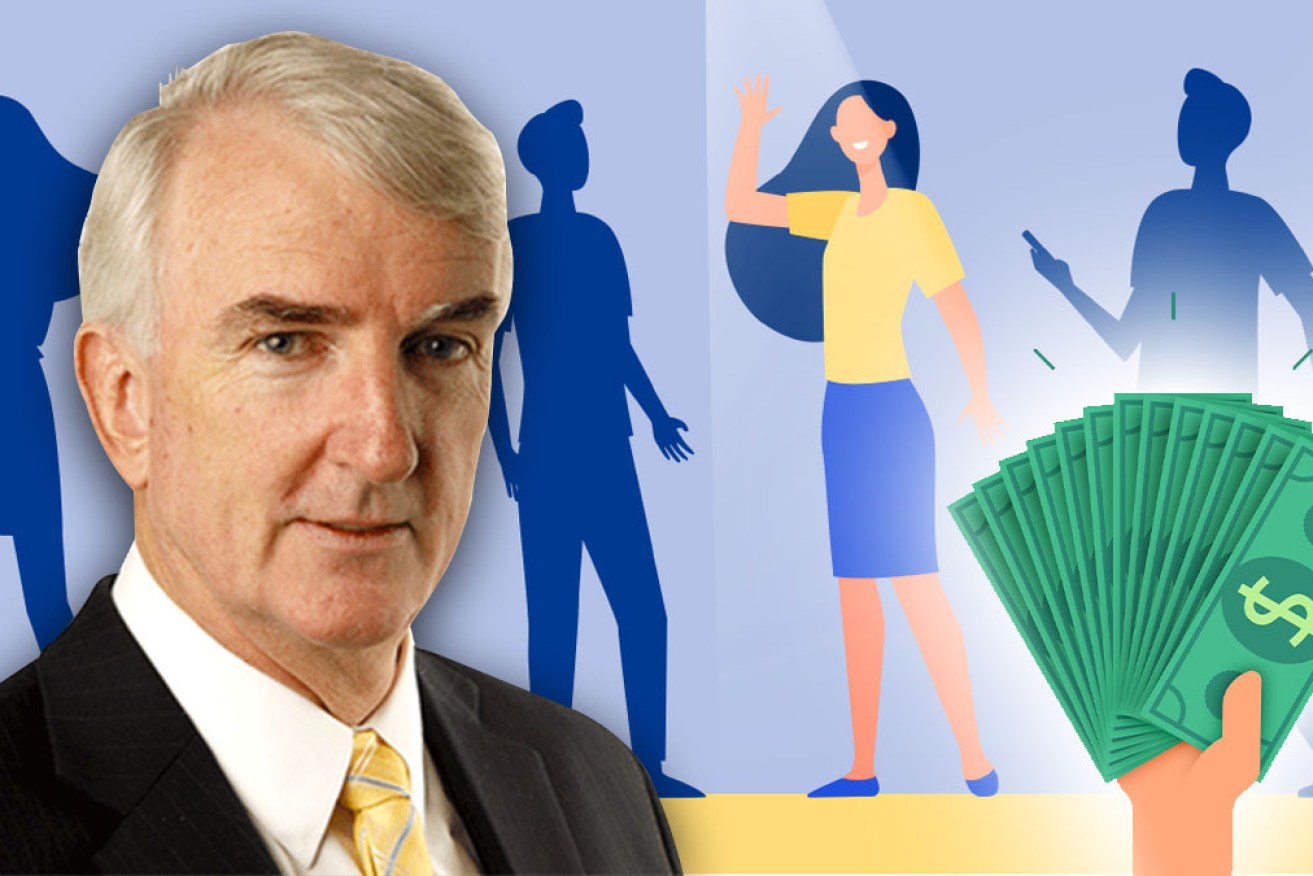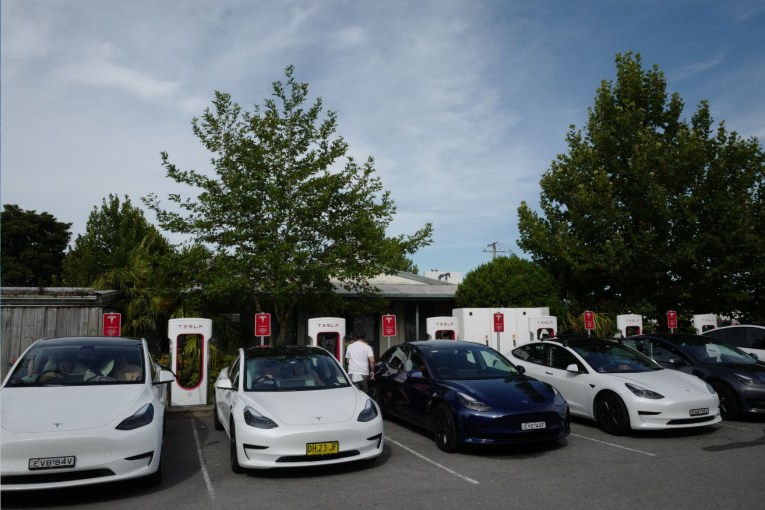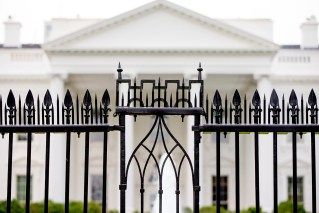Michael Pascoe: Your new colleague will be paid more than you


There’s another factor working to suppress Australian wages: Fear.
We’re wary of taking the risk of asking for more money or changing jobs to get it.
According to a specialist finance and tech recruitment agency, people are putting a premium on keeping whatever job they have because of the employment uncertainty created by COVID.
For others, the rush to load up on cheap debt is underlining the need for stable employment.
The end result is employees unwilling to rock the boat or chance a change of employer.
As if government policy wasn’t doing enough to reduce real take-home wages, we’re doing it to ourselves.

Workers are wary of asking for a pay rise or switching jobs to attain it.
Robert Half director John O’Leary mentioned the stability premium insight as part of a broader conversation.
It was one of the findings to come out of research for the firm’s annual salary guide due out next week.
The good news is that Mr O’Leary expects employers will have to pay more to recruit new staff, to lure them away from their existing jobs – the stability premium.
The bad news: While there are exceptions, there’s little sign of employers wanting to pay their existing staff much more.
Capital’s wages strike continues.
Mr O’Leary wasn’t giving me any further leaks on the Robert Half survey, but I can run with that insight and what it means in the workplace.
If a new recruit turns up in your office, doing the same job as you and no better, maybe worse, odds are new colleague will be paid substantially more than you are.
That’s long been the case, but it looks like the size of the differential is going up.
No wonder employers tend to insert a clause in contracts forbidding employees from discussing their pay with colleagues.
Reserve Bank heavies have been telling people to change jobs to get a raise for as long as the central bank has struggled to understand our low wages growth.
“Workers tend to choose to leave their job for a better job – be it in conditions or pay,” Governor Philip Lowe observed three years ago.
“The fact that little of this is occurring is likely to be contributing to the subdued wages growth.”

Reserve Bank governor Philip Lowe has expressed concern about low wages growth. Photo: AAP
Treasury analysis two years ago showed Australians were changing jobs less often.
Our national job switching rate had fallen to 8 per cent from 11 per cent in the early 2000s – and it seemed every one per cent fall in the job switching rate resulted in a half per cent reduction in wages growth.
And in the real world of non-award wages, salary packages include superannuation as part of the total, not something separate.
If the government keeps its legislated promise to increase the super guarantee in the new financial year by 0.5 per cent, that will be factored into new or renegotiated packages.
For those on awards, the super lift might well be the only increase they’ll get this year.
As often reported in this space, weak wages growth is our biggest domestic economic problem.
Wage increases only matching the inflation rate actually mean lower living standards as the after-tax, after-welfare result is substantially less than inflation.
Greater wariness about changing jobs threatens to make a bad situation worse.
And what’s the government doing about it?
As colleague Alan Kohler wrote on Monday, the Morrison government is working to make it worse again.
Disclosure: I’ll be a paid speaker at a Robert Half event in June.








